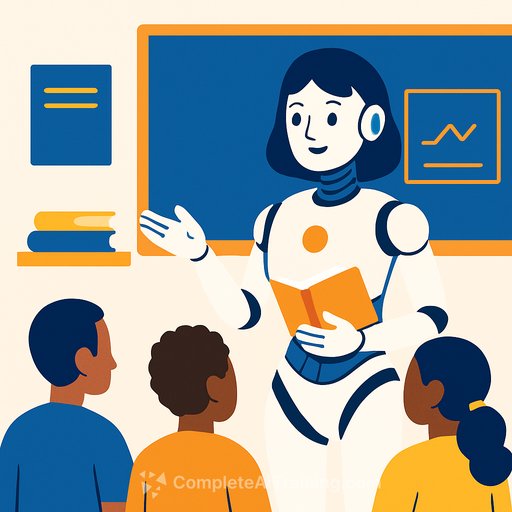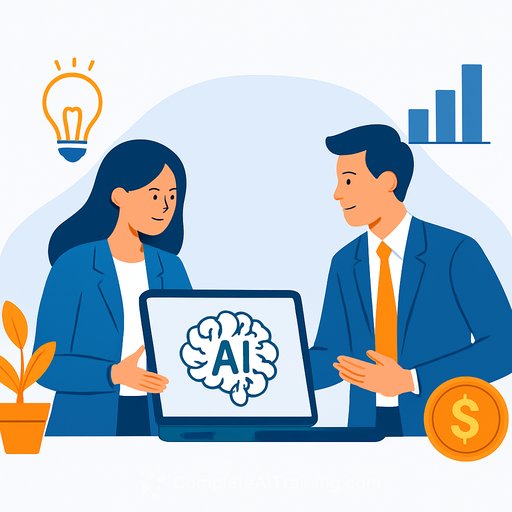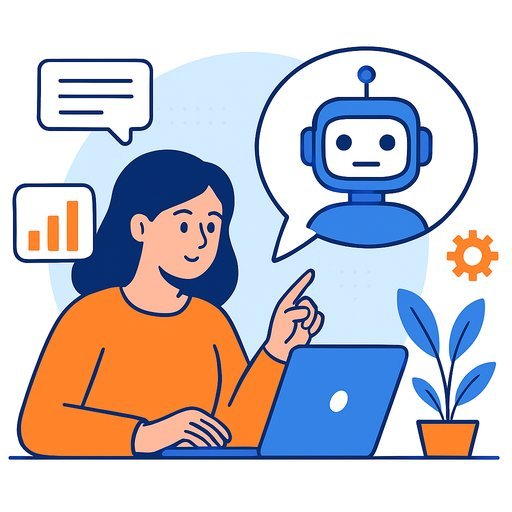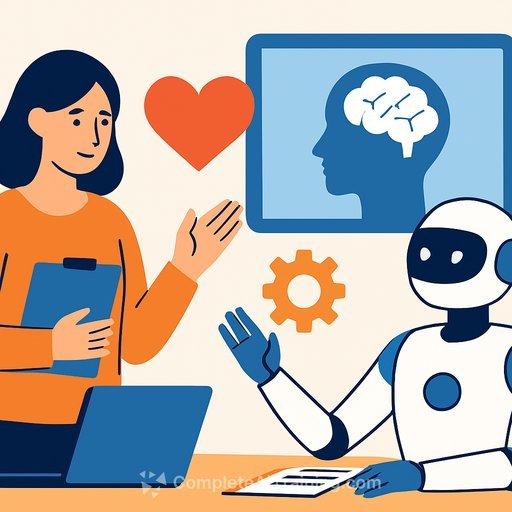Meet Iris: South Africa’s First Multilingual AI Robot Transforming Classroom Learning
South Africa has introduced Iris, its first artificial intelligence (AI) robot, set to improve education, especially in rural schools. The deputy minister of Science, Technology and Innovation, Nomalungelo Gina, announced that Iris will help learners reach their full potential by offering support across various subjects and languages.
Launched in Durban, Iris is an AI-powered robot capable of teaching all subjects from Grade R to tertiary level in 11 of South Africa’s official languages. This multilingual capability makes it a valuable tool for diverse classrooms and helps bridge language barriers in education. Beyond teaching, Iris encourages learners, particularly in rural areas, to engage with technology early on.
The Story Behind Iris
Iris was developed by BSG Technologies, a company founded by Thandoh Gumede from KwaMnqobokazi in Hluhluwe, KwaZulu-Natal. Gumede’s experience teaching maths and physical science in a local school inspired the creation of Iris, aiming to address educational challenges she faced firsthand.
The robot combines software and a keyboard to function similarly to AI tools that use deep machine learning, but with a key difference: Iris responds through voice, making interactions more natural for learners. Gumede’s innovation has earned her international awards and the title of Miss Tech Universe 2024-2025 in Thailand. In South Africa, she is affectionately known as ‘Mamaka Iris’.
Empowering Women and Youth in Science and Technology
During the launch, Deputy Minister Gina emphasized that science and innovation are inclusive fields that require contributions from both women and men. She encouraged women and youth to take full advantage of government funding programs like Women in Technology and Innovation and Grassroots Innovation initiatives.
The deputy minister also highlighted the importance of developing AI and other technologies within the African context to ensure the continent leads its own innovations and becomes a primary consumer of these technologies.
Preparing Teachers for the Future
Mbongiseni Mazibuko, deputy director-general for curriculum management and delivery at the provincial Department of Education, stressed that teachers need to be ready to integrate AI tools like Iris into their classrooms. He made it clear that technology will not replace teachers but will serve as a valuable addition to teaching methods.
According to Mazibuko, the department supports innovations like Iris and is committed to preparing educators to make the most of these tools to benefit learners.
Next Steps for Iris and Education in South Africa
Gumede plans to introduce Iris to every classroom across South Africa by the end of October. She called for partnerships with the private sector to expand Iris’s reach and impact. Gumede reassured educators that Iris is a tool to enhance teaching and learning, not replace teachers, and that it will help close gaps in subjects like maths, science, and technology.
The launch featured a live demonstration where Iris answered complex questions from learners, showcasing its potential to support education in practical, meaningful ways.
Educators interested in expanding their knowledge of AI tools in education may find relevant training and courses at Complete AI Training.
Your membership also unlocks:





